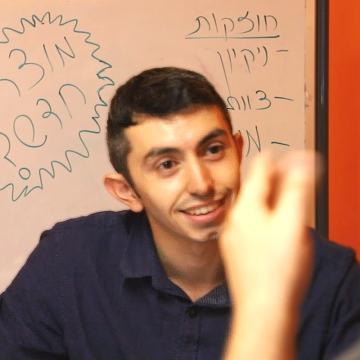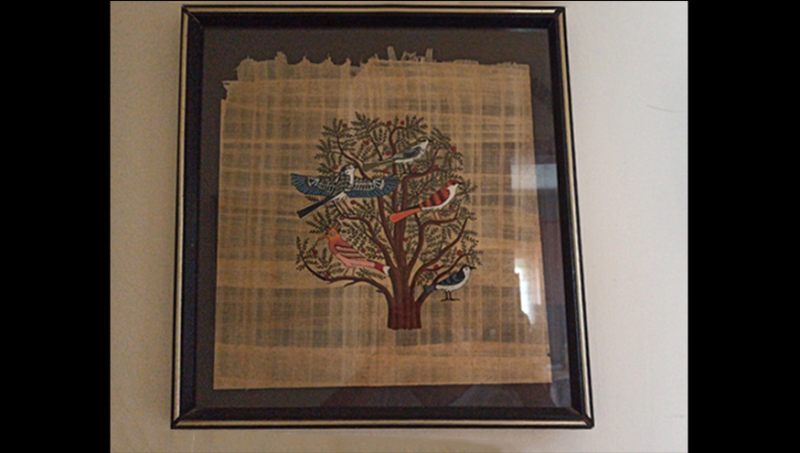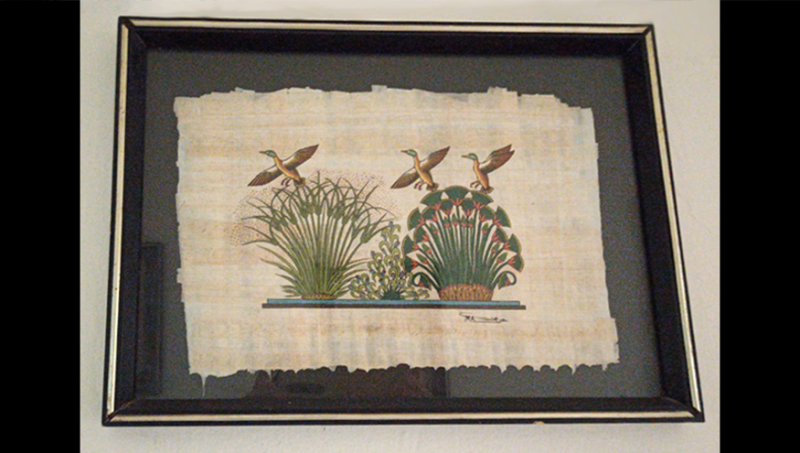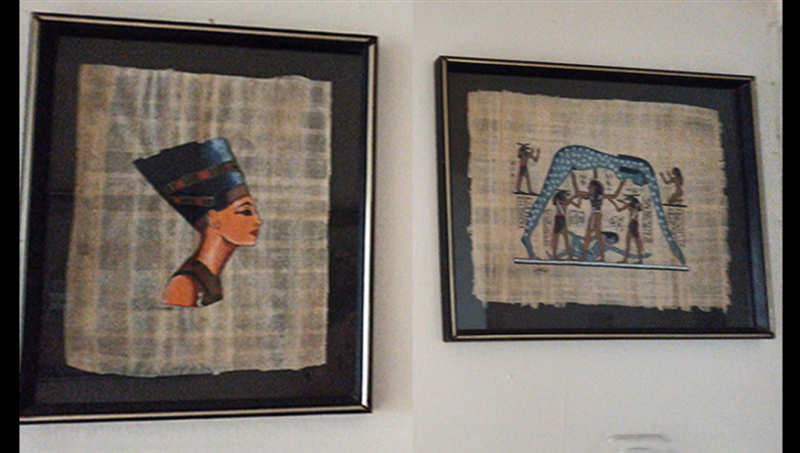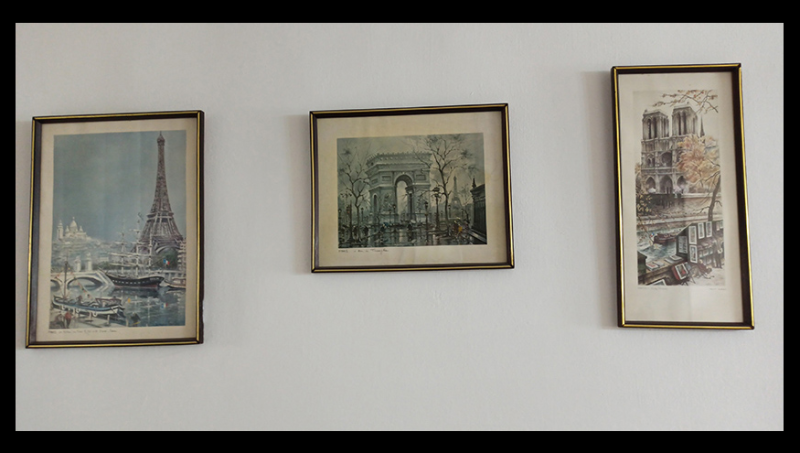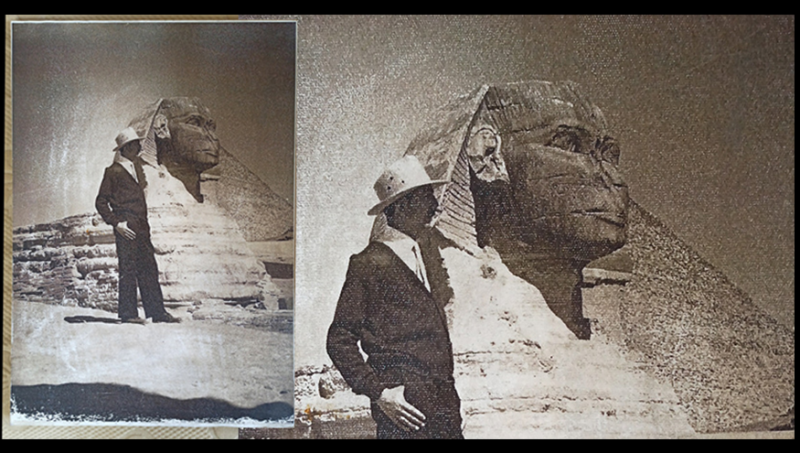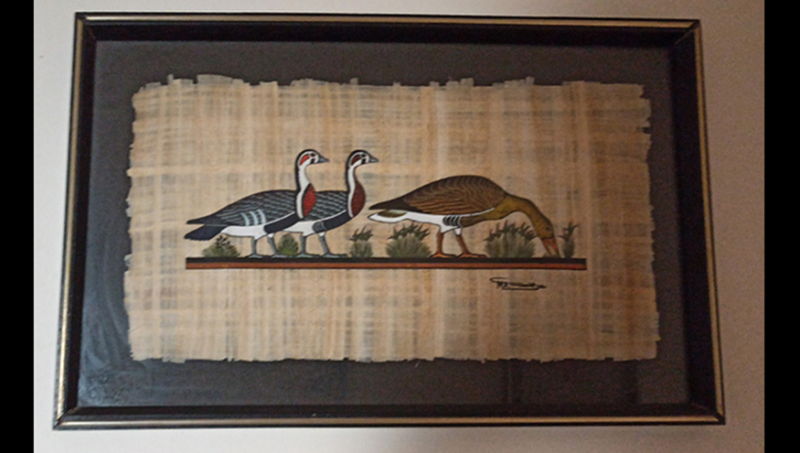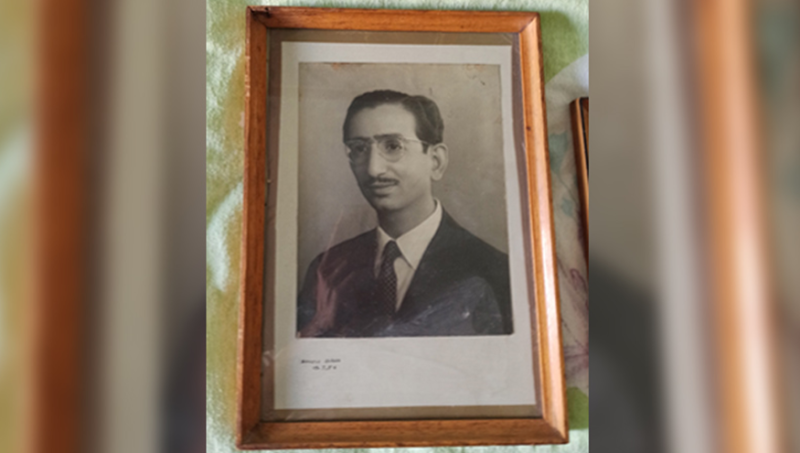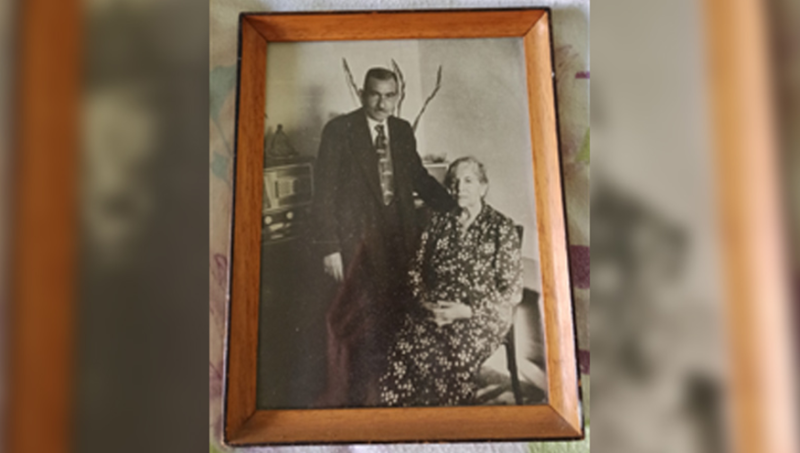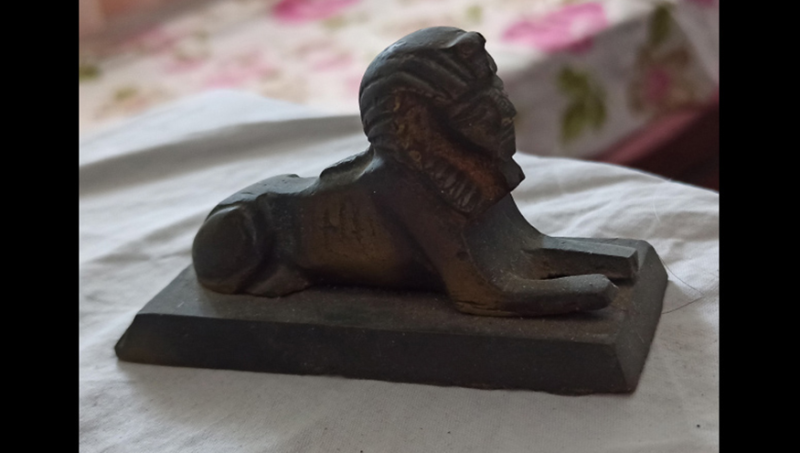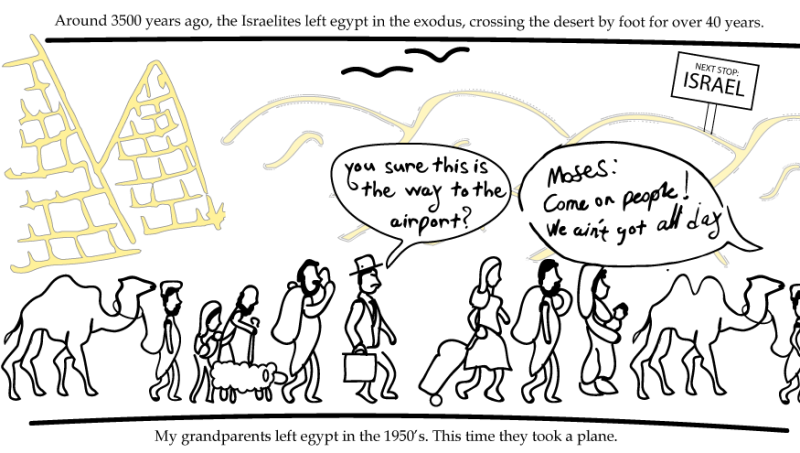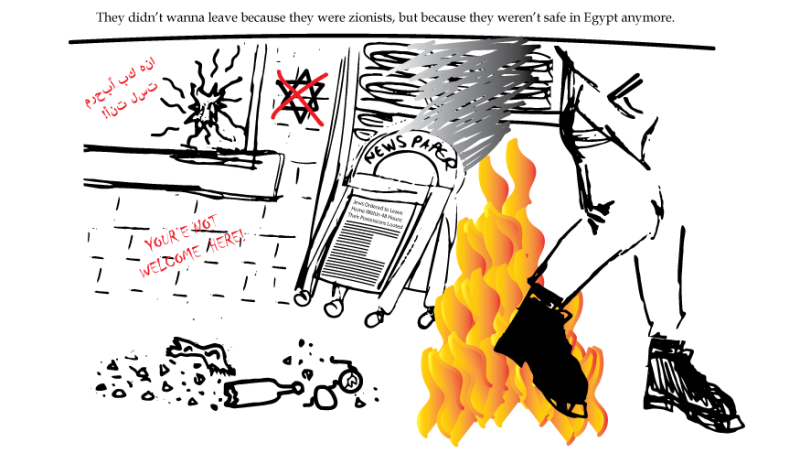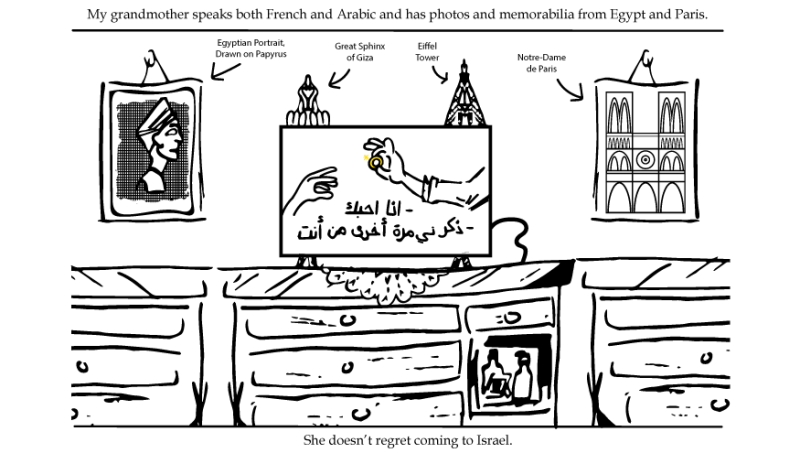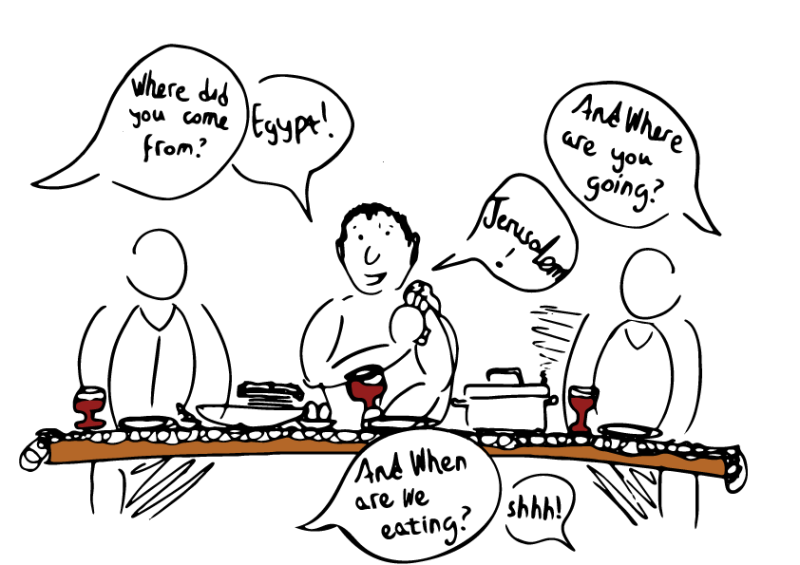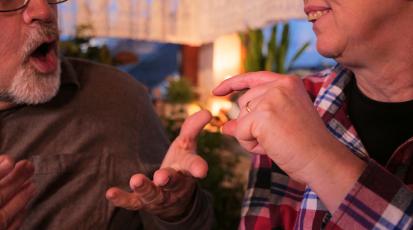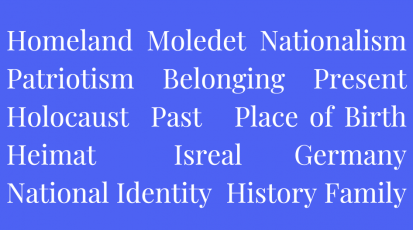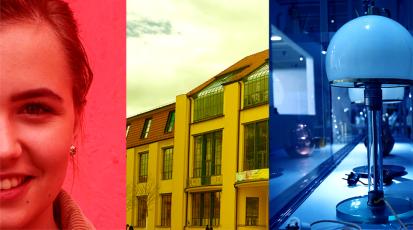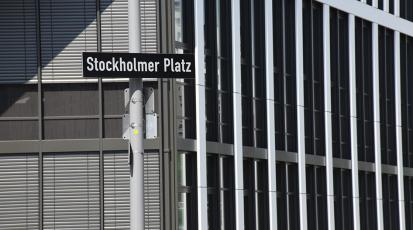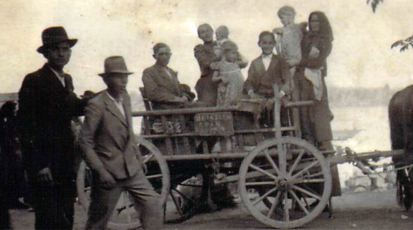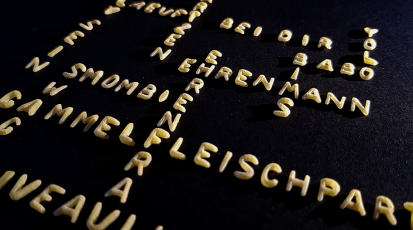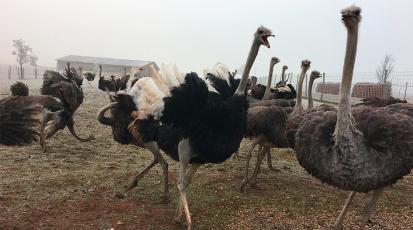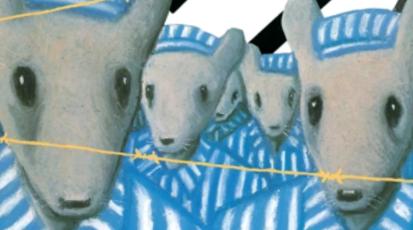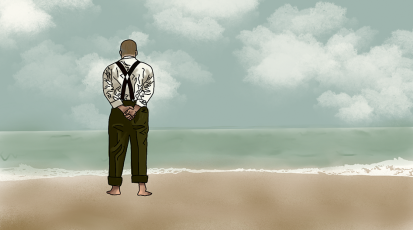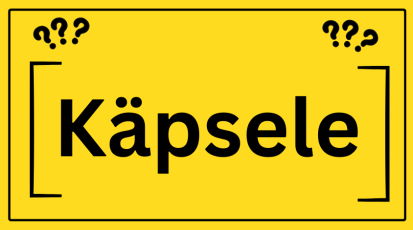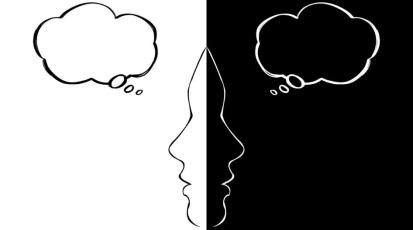Where did you come from and where are you going?
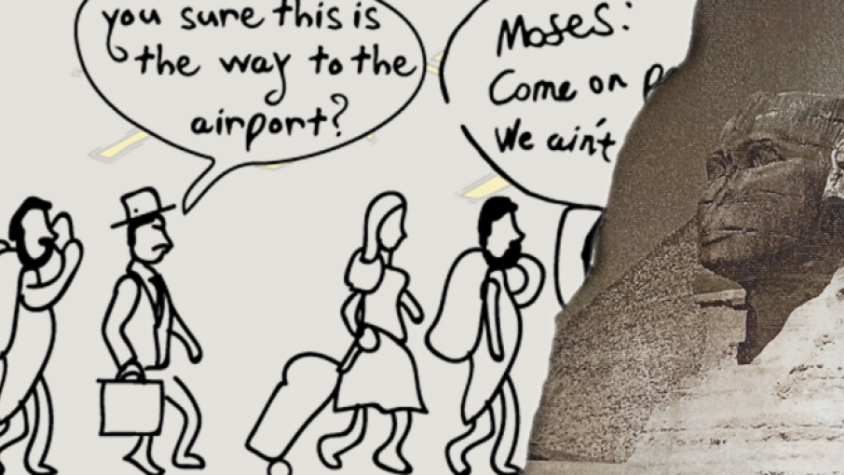
Hello! My name is Guy Salem, and I'm a student at Sapir College in Israel. As part of an international course with Hochschule der Medien in Stuttgart, I teamed up with students Luna Wolf and Evelyn Krix. In the course, each team picked a graphic novel about the Holocaust. Our team chose Nora Krug’s graphic novel “Belonging: A German Reckons with History and Home”. In her book, Nora Krug is struggling with the meaning of Heimat, her belonging, or as we call it in Israel, ‘Moledet’. She then goes on a journey to find out her family’s history during the war, and what it means to be a German.
As a Jew and an Israeli - I’ve never doubted my Heimat, my ‘Moledet’. I always thought that Israel is where I belong, and that I’m proud to be Israeli. For thousands of years, the Jewish people were yearning to come back to Israel from the diaspora. Finally, the establishment of the Jewish state in 1948 was a solution for many Jews who have suffered from anti-Semitism and persecution; fled from country to country and couldn’t find a safe shelter, a home, where they will be recognized.
The Israeli Declaration of Independence, states that:
ERETZ-ISRAEL [(Hebrew) - the Land of Israel, Palestine] was the birthplace of the Jewish people. Here their spiritual, religious, and political identity was shaped. Here they first attained to statehood, created cultural values of national and universal significance, and gave to the world the eternal Book of Books.
The declaration also mentions the Holocaust, which was one of the main catalysts for the establishment of the state of Israel:
The catastrophe which recently befell the Jewish people - the massacre of millions of Jews in Europe - was another clear demonstration of the urgency of solving the problem of its homelessness by re-establishing in Eretz-Israel the Jewish State, [...] Survivors of the Nazi Holocaust in Europe, as well as Jews from other parts of the world, continued to migrate to Eretz-Israel, undaunted by difficulties, restrictions, and dangers, and never ceased to assert their right to a life of dignity, freedom and honest toil in their national homeland.
The Holocaust made it even more obvious how important it is for Jews to have their own country. Luckily, my family wasn’t prosecuted during the Holocaust. My mother’s side of the family has been in Israel since the 18th century, and my father’s side of the family came from Egypt during the ’50s.
When the three of us discussed Nora Krug’s graphic novel, I found out a lot of Germans share Nora Krug’s struggle - they do not have that sense of belonging and do not feel proud of their Heimat as I do. Luna wrote her article about that.
Then I remembered what I was taught in history class at school - a lot of European Jews before the Holocaust didn’t feel like Israel was their Heimat. A lot of them wanted to stay in Europe. They didn’t want to come to Israel and help settle it, leaving everything to come and work in the fields. The Holocaust left those who survived with no choice - most didn’t have a home or family to return to, and knew they can’t trust anyone - the only safe place was Israel.
And then I started to wonder about my father's side of the family, who arrived from Egypt. When did our family come to Israel? Why did they come? Was it out of Zionism or out of seeking shelter? Did they consider Israel as their Heimat? Inspired by Nora Krug’s novel I decided to conduct a bit of an investigation of my own into the history of Jews in Egypt and interview my grandmother, Cecil.
My teammate Evelyn Krix has also wondered the same in her article, which tells the story of her family's expulsion from Hungary to Germany. I recommend reading it next!
The Jews in Egypt
The story of the Jews leaving Egypt in the Exodus is familiar to all. Moses freed the people of Israel from a life of slavery under the Pharaoh’s rule and led them to the promised land of Israel.
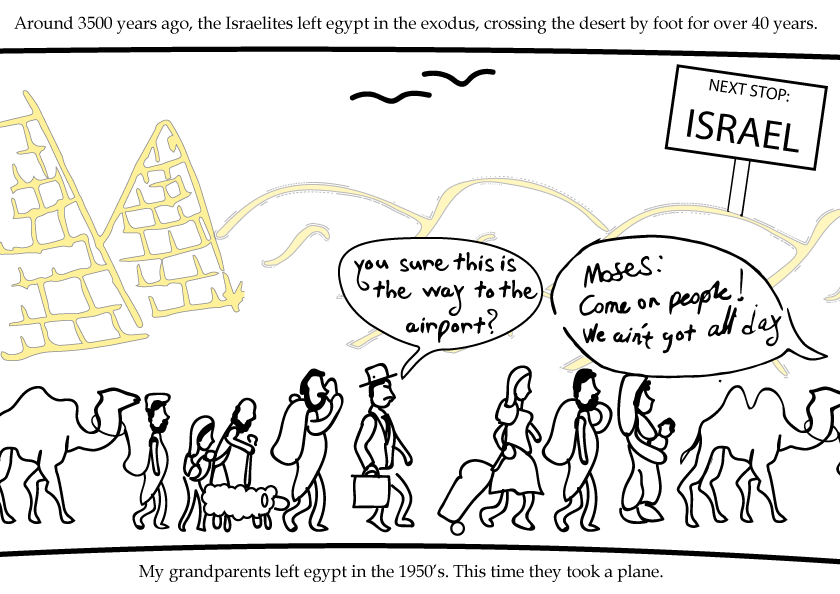
But since then Jews came back to Egypt at different time periods, during the Babylonian exile, during the Edict of Expulsion - when Jews were expelled from Spain and after the opening of the Suez Canal.
Since 1789 there has been a European presence in Egypt. First with French colonization and then Britain's occupation which lasted from 1882 to the middle of the 20th century. The then-newly built Suez canal has created an economic boom and Egypt became a place for immigrants from the middle east. In the beginning of the 19th century the Jewish community was around 7 thousand people, but has steadily grown over the years to the point of 80 thousand Jews by the middle of the 20th century. The two main center cities for the Jewish community were Alexandria and Cairo. The community praised prominent Jewish thinkers who visited Egypt, namely Saadia Gaon and Maimonides (Rambam). The second most popular language in the community beside Arabic was french, which was taught at schools and written in newspapers.
During world war 2 broke out, the Nazis' persecution of the Jews was not only in Europe but also in North Africa. They were disenfranchised, marginalized, sent to forced labor and sent to ghettos and concentration camps in Morocco, Algeria, Tunisia and Libya. Luckily, the Nazis didn’t reach the Jewish community in Egypt. The reason why my grandparents left Egypt has to do with the establishment of the State of Israel in 1948.
In the first half of the 20th century, as Zionism began to rise, and fights between Palestinians and Israelis in Israel broke up, Egyptians became more and more hostile against the Jewish community in Egypt. This was aggravated in 1948, when the independence war began. More events such as the Suez crisis and the Sixth Day War has led to even more violent acts and boycotts and terror attacks.
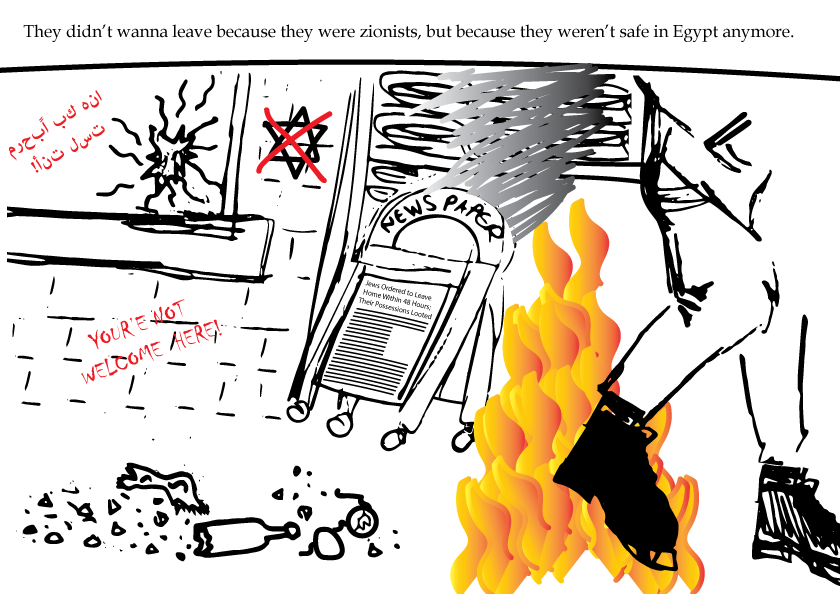
Due to that Jews from Egypt started immigrating to Israel, Europe and America through the 1950s to the point of there being only 9 thousand Jews by 1960. Up until the peace treaty in 1979, Egypt was an enemy state to Israel. Nowadays the community consists of less than a dozen people.
I find it interesting that Egypt is now a dangerous place for Jews, but back in the '40s, it was safe during the war. Egypt once had a rich community of Jews that were a part of the country, but now they are unwanted and undesired.
In Evelyn's article, we can see it turns out to be the exact opposite in the case of Hungary.
My Grandmother’s life in Egypt and Journey to Israel
Cecil, my grandmother, was born in 1933 in Helwan, a city near Cairo, and was the youngest between 3 older sisters and one older brother. They had a good life there and weren’t disturbed. She recalls that a few times certain groups approached her father and offered to take his kids to Israel with them, but he refused - He insisted that if they were going to leave for Israel, they would only do it together. In 1956, after hearing rumours of it getting dangerous for Jews in Helwan, he decided it’s time to leave Egypt. But not all could come - The older brother was left behind to take care of their grandma and their house.
The journey to Israel was not straightforward - they first went to Alexandria, then took a plane to France, and for a few months stayed in a refugee camp, “camp du grand arenas”, near Marseille. Before they left Egypt, they were told to bring no money or jewellery with them because it would probably be stolen. After a month there, they managed to get on a ship to Israel. The family then stayed for a while in an immigrant camp and moved to Holon, where she met my late grandfather, Felix. I couldn’t find information on my grandfather. My grandmother only said he came by plane a few years before her.
Belonging to Guy's Grandmother and Journey to Israel
Cecil, my grandmother, was born in Helwan, a city near Cairo, and had 3 older sisters and one older brother. They had a good life in Helwan and weren’t disturbed. She says there were groups who came to her father many times and offered to take his kids to Israel with them, but he refused - If they were going to leave for Israel, they would do it together. In 1956, after hearing rumors of it getting dangerous for Jews in Helwan, he decided to take his family and leave Egypt. The brother was left behind to take care of their grandma and their house.
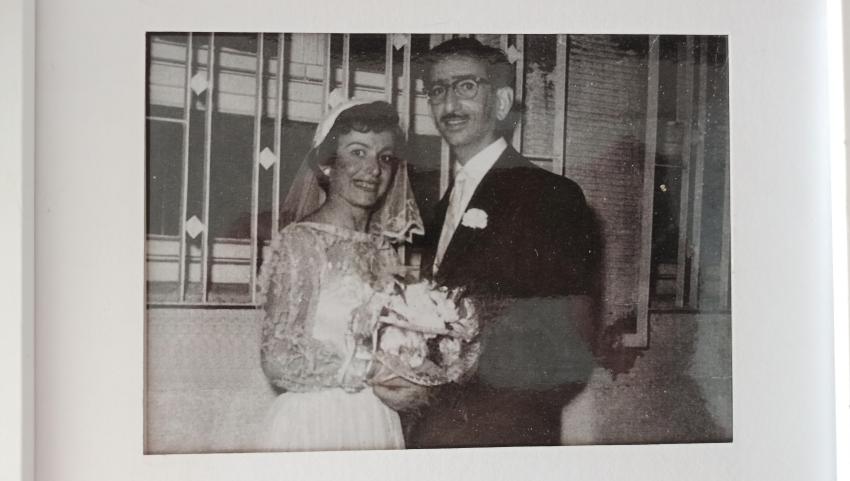
Cecil writes in French, answers crossword puzzles in Hebrew, and watches telenovelas in Arabic. When I asked her if they had stayed in Egypt were it not dangerous, she said they would. But she also said she is not regretting coming to Israel and doesn't miss Egypt that much.
She did not visit Egypt again, even after the peace treaty. Egypt is her birthplace and France is her favourite place to visit, but to her - Israel is where she belongs. Even if my family weren’t victims of the Holocaust, they were still affected by it. The Holocaust led to the establishment of the state of Israel, and the state of Israel was the reason it wasn’t safe for them to stay in Egypt. The danger of staying in Helwan brought them to Holon, Israel, where my father was born. But if none of it happened, I wouldn’t be here. And if I hadn't read Nora Krug’s “Belonging: A German Reckons with History and Home” I wouldn’t have gone and found out about my family history. My grandmother is my last grandparent still alive.
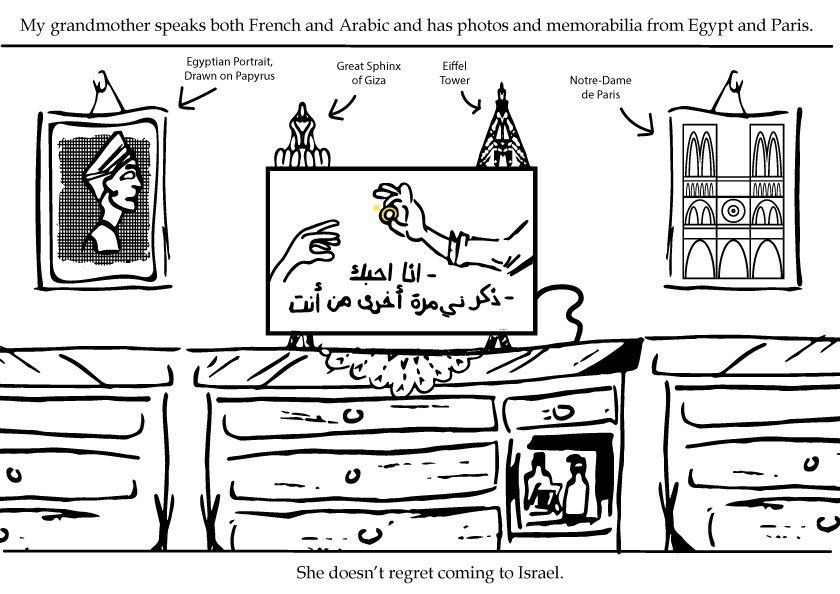
Every Passover my family gathers for a ritual feast called Seder Pesach in which it is custom to retell the story of the liberation of the Israelites from slavery in Ancient Egypt from the Haggadah. In one part, each family member has to put a towel over their shoulder to symbolize a sack of belongings and answer loudly to two questions asked by the head of the family. The first is “Where did you come from?” to which they all answer “From Egypt!”. The second is “And where are you going?” and the answer is “Jerusalem!”, symbolizing the ages-old yearn to return to Israel and its holy capital. I always find it funny that this happened twice with my family. Once in the Exodus 4000 years ago, and once again in a very small scale Exodus 65 years ago.
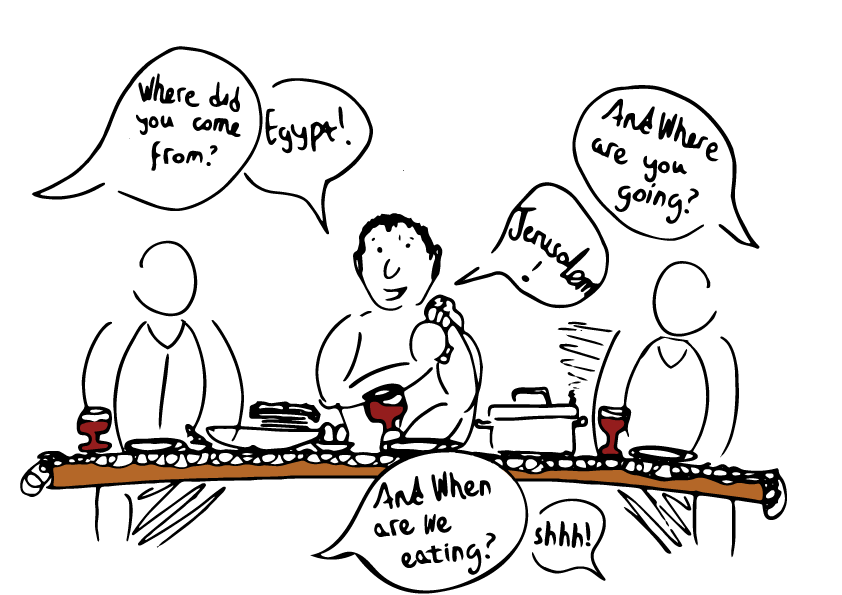
Thanks for reading! If you haven't already, I suggest you read Evelyn's article next. She has a fascinating personal story of belonging that is completely different from mine.


